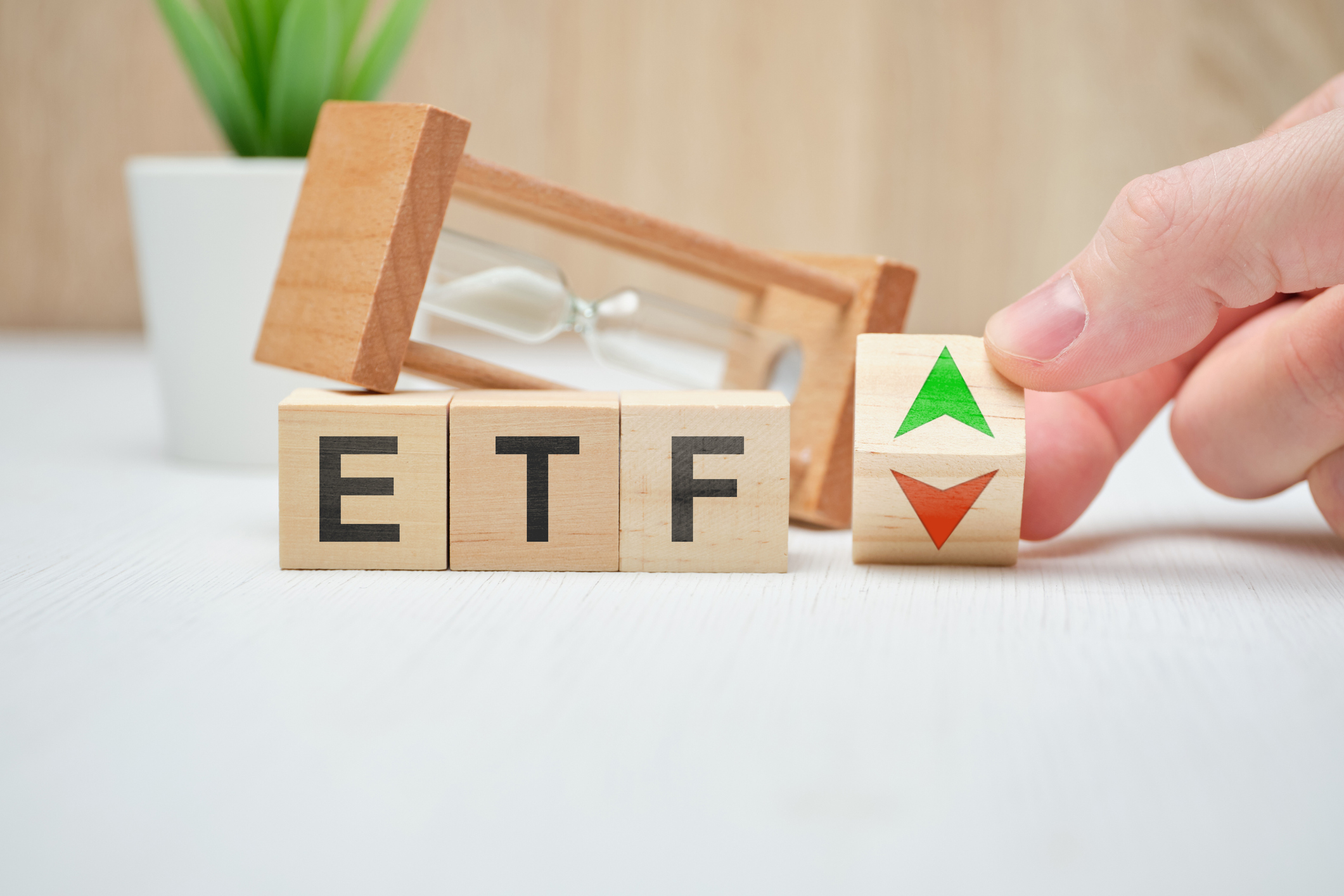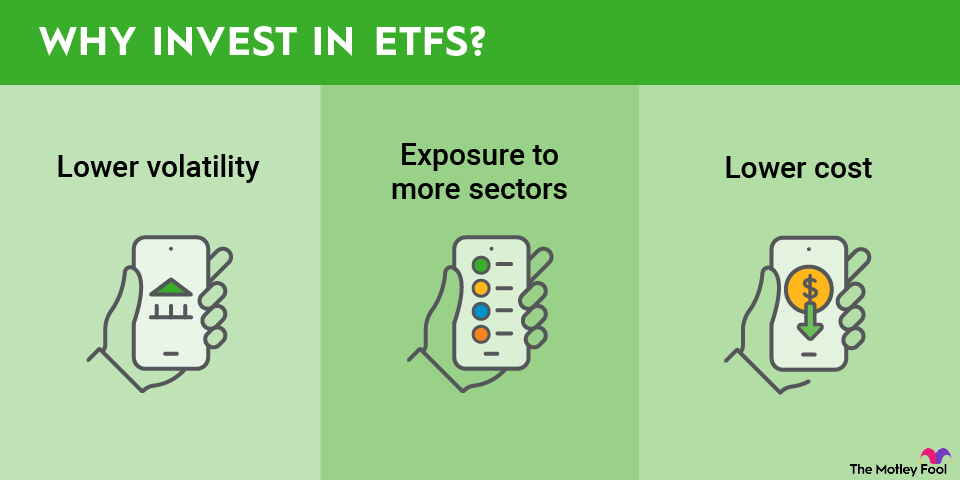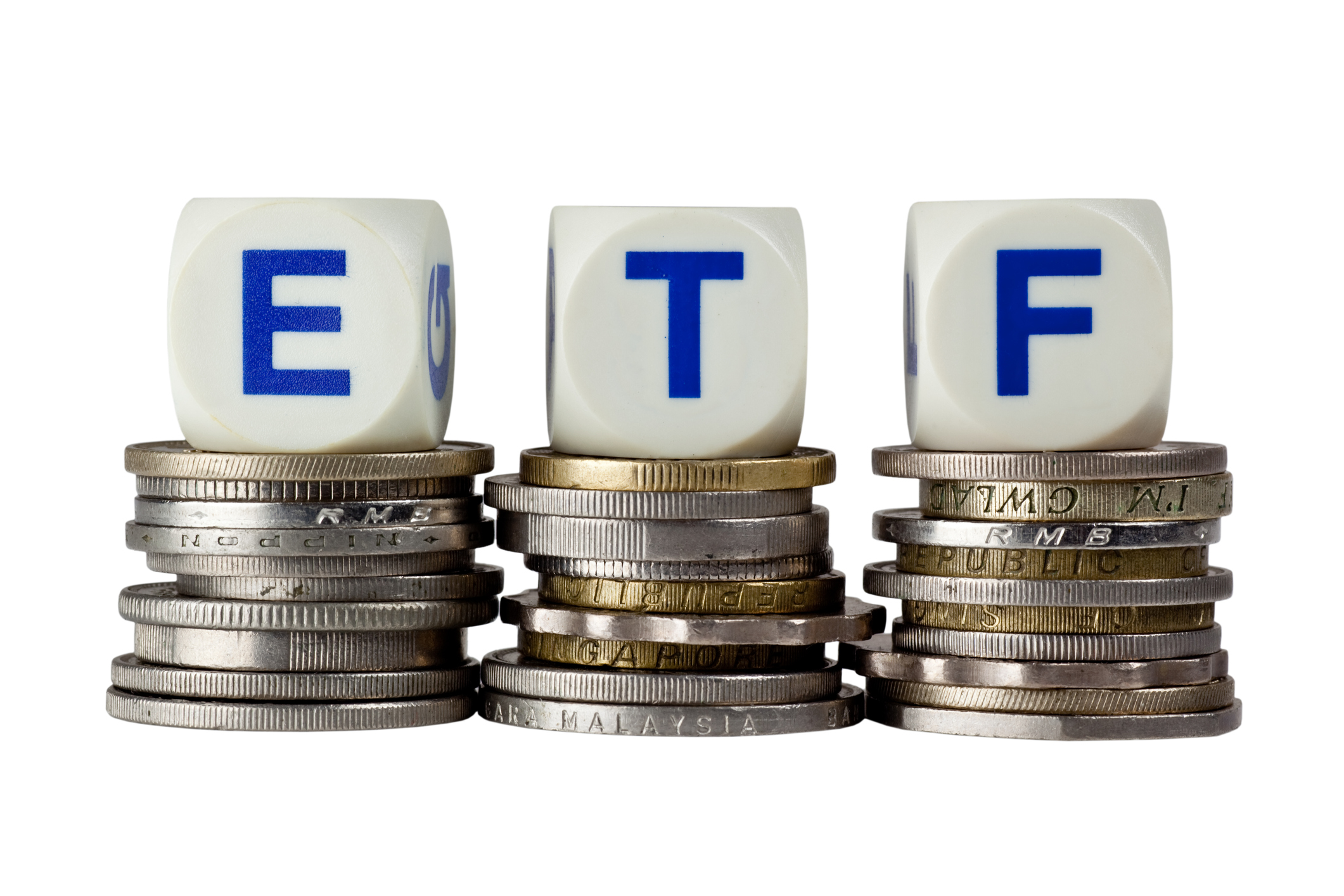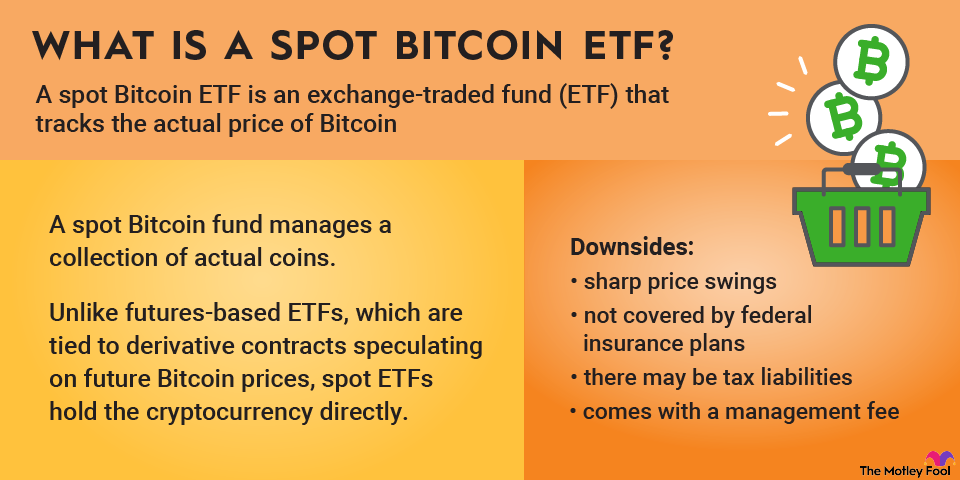
What is JPMorgan Equity Premium Income ETF (JEPI)?
JEPI operates as an actively managed derivative income fund, which may sound complex but is quite straightforward when broken down.
Firstly, unlike passive ETFs that mimic indexes like the S&P 500, JEPI picks stocks. It focuses on potentially undervalued companies within the S&P 500, emphasizing those with lower volatility and favorable environmental, social, and governance (ESG) criteria.
The second component of JEPI's strategy involves derivatives, specifically equity-linked notes (ELNs). These financial instruments enable JEPI to engage in a strategy akin to selling out-of-the-money covered calls against the S&P 500.
This approach aims to provide investors with a dual benefit: regular income through the premiums collected from these options and potential price appreciation from the underlying stocks.
As a result, while JEPI may not match the S&P 500 in terms of price appreciation, it offers a trade-off of potentially lower volatility and higher, more consistent income.
Exchange-Traded Fund (ETF)
How to buy JPMorgan Equity Premium Income ETF (JEPI)
Here's a step-by-step guide on how to purchase JEPI:
- Open your brokerage app: Log into the brokerage account where you manage your investments.
- Search for the ETF: In the search bar, enter "JEPI" and make sure to click "stock" instead of "options."
- Decide how many shares to buy: Reflect on your investment objectives and determine the amount of your portfolio you'd like to allocate to JEPI.
- Select order type: You can opt for a market order to purchase at the prevailing market price or a limit order to set the maximum price you are willing to pay per share.
- Submit your order: Double-check all the details, then confirm and submit your purchase order for JEPI.
- Review your purchase: Once your order is executed, review your portfolio to confirm that the transaction aligns with your investment strategy and was completed as expected.
Warning: Be careful to select the USD version of JEPI listed on the NYSE Arca (NYSEARCA). The Canadian version trades in CAD on the Toronto Stock Exchange (TSX).
Should I invest in JPMorgan Equity Premium Income ETF (JEPI)?
JEPI might be an ideal investment for someone with a moderate risk tolerance who values immediate income over the potential for higher capital appreciation later on. This type of investor can particularly benefit from JEPI's monthly distributions and its generally lower market volatility.
However, JEPI may not be the best fit for growth-oriented investors who prioritize capital gains. The ETF's low-volatility strategy and the use of covered calls through ELNs can limit the upside potential of the investment, making it less attractive for those who do not need immediate income and prefer to reinvest earnings to compound growth.
Does JPMorgan Equity Premium Income ETF (JEPI) pay a dividend?
JEPI does pay a distribution, which is different from a typical dividend paid by stocks. The distinction lies in the composition and tax treatment of these payments.
JEPI's distributions are primarily comprised of option premium income generated from its ELN-based covered call strategy, alongside dividends received from its underlying stock holdings.
This means the distribution often includes a mix of qualified dividends, which are taxed at a lower rate, and ordinary income from the options strategy, which is taxed at your normal income rate, making it less tax-efficient if held outside of tax-advantaged accounts like Roth IRAs.
The ETF's overall 30-day SEC yield is notably high, standing at 8.62% at the end of June 2025.
However, the actual amount distributed can vary significantly depending on market volatility since this affects the income generated from the ELNs. For instance, monthly per-share distributions in 2024 ranged from as high as $0.39984 in September to as low as $0.28949 in August.
Distributions are paid monthly, with the ex-dividend date usually occurring on the first trading day of the month and payments being made a few days later.
What is the JPMorgan Equity Premium Income ETF (JEPI) expense ratio?
JEPI carries an expense ratio of 0.35%, which translates to $35 per $10,000 invested annually. For an actively managed ETF that employs a sophisticated derivatives strategy to generate income, this fee is considered quite competitive.
It's important to note that this fee is not paid directly out of pocket but is instead deducted from the ETF's assets, which slightly reduces the fund's performance over time.
ETF Expense Ratio
Historical performance of JPMorgan Equity Premium Income ETF (JEPI)
JEPI | 1-Year | 3-Year |
|---|---|---|
NAV | 6.66% | 8.61% |
Market | 6.68% | 8.52% |
Related investing topics
The bottom line
JEPI is a specialized ETF that has successfully met its objectives of providing high monthly income and lower volatility.
However, it's important to remember that JEPI is designed for investors with specific needs -- those who prioritize income and stability over higher long-term gains from share price growth.
Due to the nature of its covered call strategy, the ETF will likely underperform in a bull market where it caps potential upside returns.
Additionally, the tax treatment of its distributions -- predominantly ordinary income -- makes it less tax-efficient, suggesting that it is best held in a tax-advantaged account like a Roth IRA to optimize returns.
























